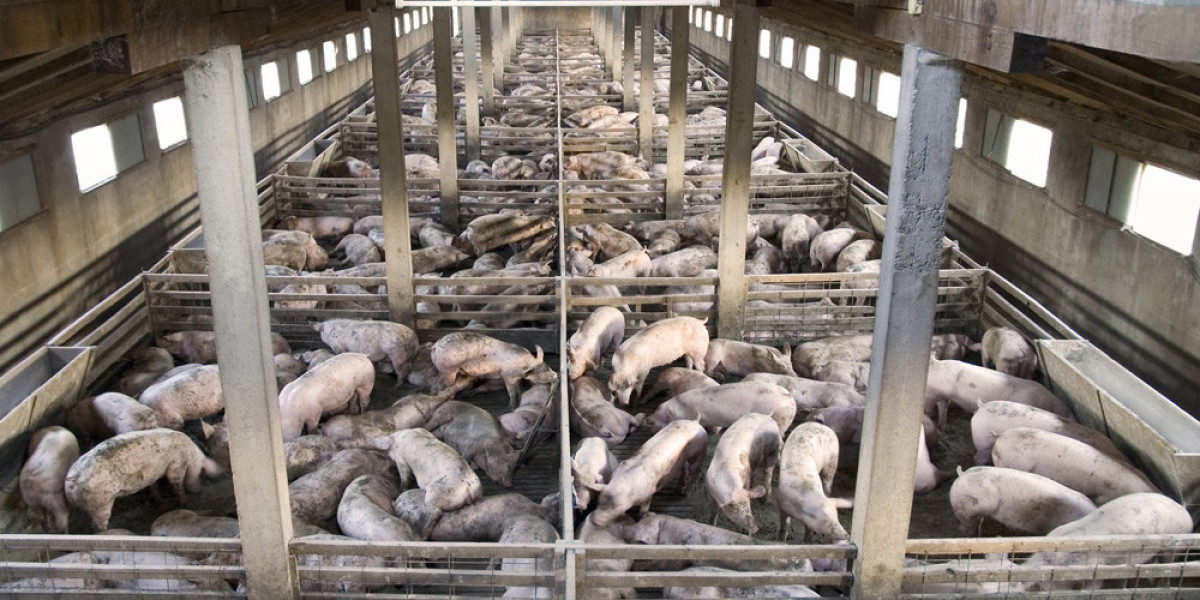Factory farming cruelty is a dark reality behind the walls of many industrial farms worldwide. This system, designed to maximize production and profits, often results in severe suffering for the animals involved. As consumers, it's crucial to understand the implications of our food choices and the distressing conditions that define factory farming.
At the heart of factory farming cruelty is the confinement of animals in incredibly small spaces. Chickens, pigs, and cows are often packed into cages or pens so tightly that they can barely move. This overcrowding leads to a myriad of health issues, including deformities, diseases, and a lack of natural behaviors. For instance, chickens are frequently debeaked to prevent them from pecking each other out of frustration and stress caused by their cramped conditions.
Another aspect of factory farming cruelty is the inhumane treatment during the animals' short lives. Many are subjected to painful procedures without anesthesia, such as castration, tail docking, and teeth clipping. These procedures are performed to make the animals more manageable and to prevent them from injuring each other in the overcrowded spaces. The lack of veterinary care exacerbates their suffering, as illnesses and injuries are often left untreated.
Moreover, the environmental impact of factory farming cannot be overlooked. The excessive use of antibiotics to promote growth and prevent disease in such unhealthy living conditions leads to antibiotic resistance, posing a significant threat to human health. Additionally, the vast amounts of waste produced by factory farms pollute water sources, destroy ecosystems, and contribute to climate change. This environmental degradation is yet another facet of factory farming cruelty.
The psychological toll on animals in factory farms is profound. Pigs, for instance, are intelligent creatures with complex social structures. In factory farms, they are often kept in barren, concrete-floored pens with nothing to stimulate their minds. This lack of mental stimulation and the inability to express natural behaviors can lead to severe psychological distress, manifested in abnormal behaviors such as repetitive motions and self-harm.
Factory farming also has significant implications for food safety. The stress and unsanitary conditions in which animals are raised make them more susceptible to diseases, which can be transmitted to humans. Outbreaks of foodborne illnesses, such as salmonella and E. coli, are often traced back to factory farms. The overuse of antibiotics in these settings further compounds the risk by fostering drug-resistant bacteria.
Consumers have the power to combat factory farming cruelty by making informed choices. Supporting local farms that adhere to humane practices, choosing organic and free-range products, and reducing meat consumption can all contribute to a more ethical and sustainable food system. Advocacy and education are also critical; raising awareness about the realities of factory farming can inspire more people to take action against this cruel industry.
In conclusion, factory farming cruelty is a pervasive issue that affects animals, the environment, and human health. By understanding the severity of the conditions within factory farms and making conscious choices about the food we consume, we can help reduce the suffering of millions of animals and promote a healthier, more sustainable world.



